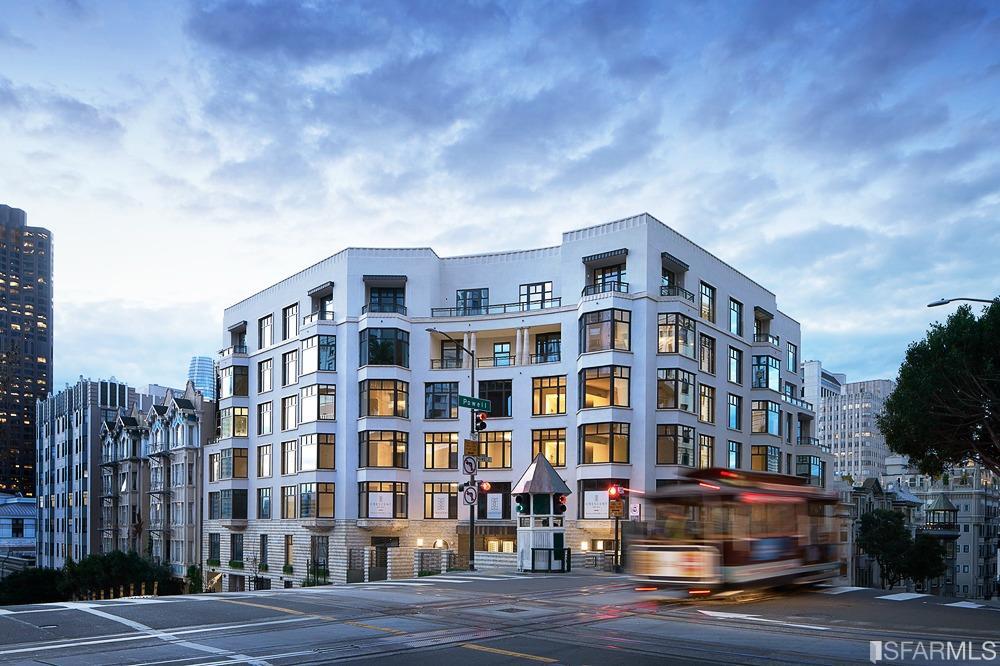HOA Condo Living: Finding Your Perfect Neighborhood
HOA Condo Living: Finding Your Perfect Neighborhood
Blog Article
The Function of an HOA in Developing and Enforcing Community Guidelines for Homeowners
The function of a Homeowners Organization (HOA) in establishing and imposing neighborhood standards is essential to keeping a cohesive and organized household atmosphere - hoa condo. By creating clear rules that control elements such as property upkeep and neighborhood conduct, the HOA not just establishes standards for locals however additionally cultivates a sense of belonging and responsibility. Nonetheless, the execution of these guidelines can present different difficulties, elevating inquiries about neighborhood, justness, and interaction engagement. As we check out these complexities, it becomes evident that the influence of an HOA expands far beyond mere rule enforcement.
Understanding Home Owners Organizations
Homeowners associations (HOAs) function as regulating bodies for residential neighborhoods, playing a critical function in keeping home values and promoting a sense of neighborhood. Generally created by developers, HOAs are made up of homeowners within a marked area who choose a board to manage the association's activities. The key functions of an HOA consist of imposing area guidelines, taking care of common areas, and organizing area events.
HOAs run under a collection of governing papers, including limitations, commitments, and problems (CC&R s), which outline the civil liberties and duties of property owners. These guidelines intend to make certain that properties are preserved to a specific criterion, therefore protecting the aesthetic charm and general worth of the neighborhood. In addition, HOAs usually collect charges from homeowners to fund maintenance, landscaping, and other social work.
The presence of an HOA can significantly influence the living experience within a neighborhood (hoa condo). While some locals appreciate the structured environment and amenities provided, others may discover specific policies limiting. Balancing the rate of interests of all house owners is necessary for an HOA to work successfully, ensuring that it serves its intended purpose of enhancing area living while valuing private house owner legal rights
Establishing Community Standards

To begin, an HOA should conduct surveys or hold conferences that permit locals to articulate their tips and problems. This participatory process cultivates a sense of ownership and increases compliance. Next off, the HOA board have to analyze the comments to identify common themes and priorities that necessitate official addition in the guidelines.
It is additionally vital to make sure that the standards are clear, succinct, and easily understood. Obscurities can cause misunderstandings and conflicts, undermining the objective of the guidelines. The guidelines should be detailed, covering various facets of community living, consisting of home maintenance, sound degrees, and use of typical locations.
Enforcement of Guidelines
Reliable enforcement of neighborhood regulations is important for maintaining order and ensuring that all citizens stick to the established Clicking Here standards. An HOA must carry out an organized method to impose these regulations, which typically entails a combination of tracking, interaction, and penalties for non-compliance.
First, routine assessments and neighborhood patrols can help determine offenses, ensuring that guidelines are constantly used across the community. This proactive tracking permits the HOA to address issues before they intensify, cultivating a feeling of accountability among locals.
2nd, clear interaction is crucial. Residents ought to be notified of the policies and the treatments for reporting offenses. An open line of interaction encourages residents to voice issues and seek information on guidelines, which can improve conformity.
Last but not least, when offenses occur, the HOA has to impose repercussions as outlined in the controling papers. By successfully imposing rules, an HOA can grow a harmonious living setting that mirrors the collective values of its homeowners.
Advantages of HOA Rules
Many benefits develop from the application of HOA regulations, which offer to enhance the lifestyle within a neighborhood. One primary benefit is the maintenance of residential property values. By applying requirements for looks and upkeep, HOAs make certain that homes and common locations remain appealing, fostering a preferable living environment that can cause increased residential property values gradually.
In addition, HOA policies advertise consistency and uniformity within the area. This coherence in style and upkeep helps to produce a feeling of belonging amongst residents, adding to area pride and a favorable ambience. Developed standards facilitate conflict resolution among neighbors by supplying clear assumptions and methods for behavior, thus lessening disagreements.
Another considerable benefit is the arrangement of shared features and solutions. Lots of HOAs take care of area centers such as swimming pools, clubs, and parks, which improve leisure possibilities for homeowners. These amenities not just boost the lifestyle however likewise motivate social interaction.
Ultimately, the laws stated by an HOA grow a well-organized, harmonious community, guaranteeing that locals delight in a high standard of living while fostering an encouraging setting for all home owners.
Typical Difficulties Faced by HOAs
Among the advantages that house owners associations (HOAs) can provide, they additionally come across a range of challenges that can prevent their efficiency. One significant concern is the absence of resident engagement. Several house owners may not join conferences or community tasks, bring about a detach between the HOA board and click for source citizens. This disengagement can result in misconceptions regarding community guidelines and a lack of assistance for enforcement efforts.
Another difficulty is the enforcement of regulations and policies. Disagreements can occur when citizens really feel that enforcement is inconsistent or biased, possibly resulting in disputes within the area. Additionally, HOAs commonly encounter monetary restraints, which can restrict their ability to maintain typical locations or fund area projects. This can create discontentment amongst residents who expect high criteria of maintenance.
Moreover, navigating lawful complexities can be discouraging for HOAs. Developing and transforming demographics neighborhood needs call for HOAs to adapt their standards, frequently fulfilling resistance from long-standing citizens who are accustomed to standard standards.
Final Thought

By developing clear policies that control aspects such as residential property maintenance and community conduct, the HOA not only sets requirements for homeowners but likewise promotes a feeling of belonging and liability.Homeowners associations (HOAs) serve as governing bodies for property areas, playing an essential duty in keeping residential or commercial property values and fostering a sense of neighborhood. Numerous property owners may not participate in conferences or neighborhood activities, leading to a separate in between the HOA board and homeowners. Changing demographics and developing community needs require HOAs to adapt their guidelines, frequently meeting resistance from long-standing citizens who are accustomed to conventional norms. Through the development of clear regulations and consistent enforcement, HOAs advertise property upkeep, area pride, and count on among residents.
Report this page